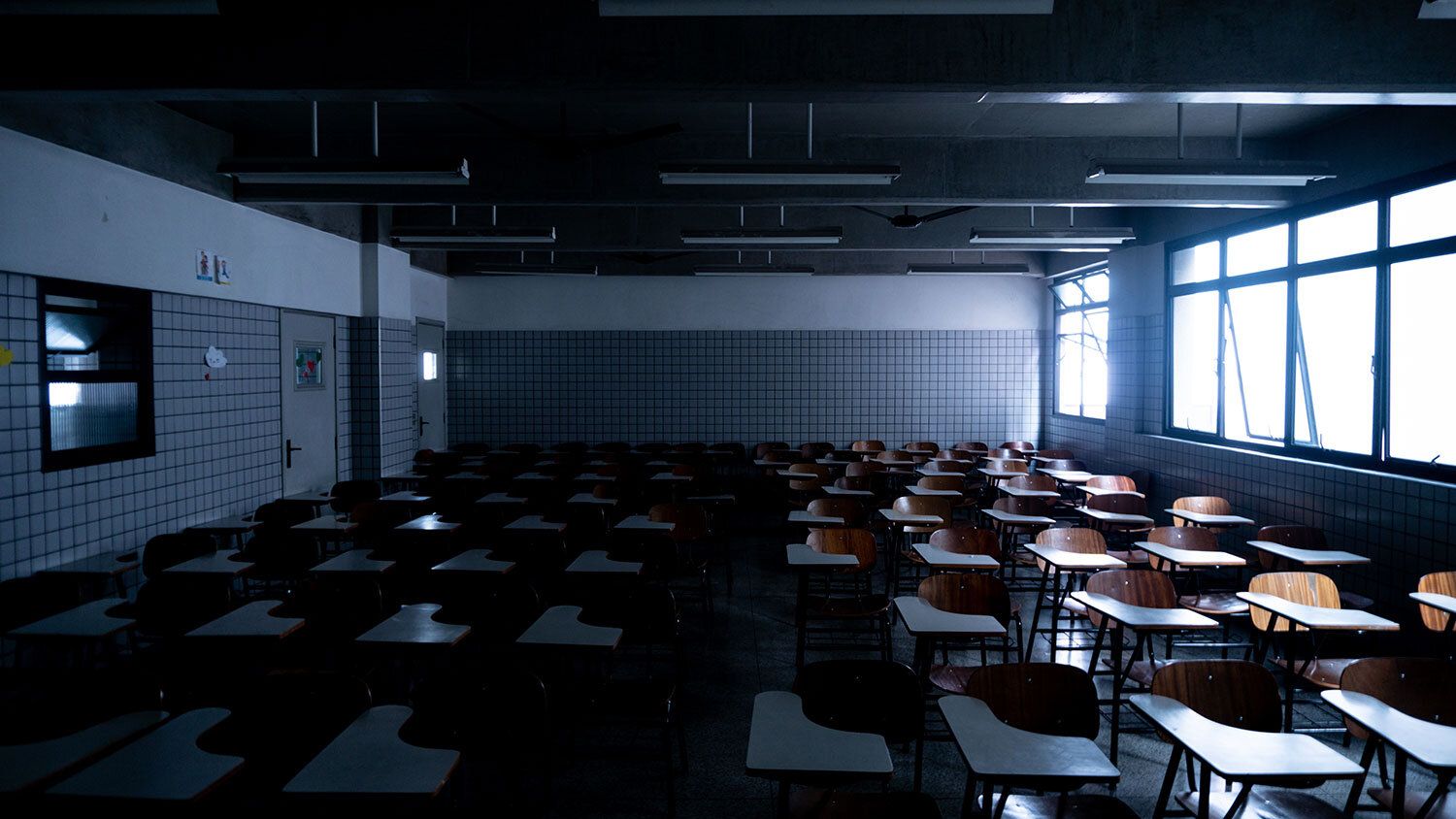When Colleges Close, So Do Opportunities for Vulnerable Students

U-Haul rentals and storage fees. Flights, train tickets, rental cars, and money for gas. Laptops and Internet access. Tuition. Money for rent. Food and housing. Healthcare. Far from an exhaustive list, the lack of these resources exacerbates the coronavirus (COVID-19) crisis for first-generation and low-income college students returning home as a result of university closures.
The impact of university closures on higher education’s most vulnerable population — under-resourced students — cannot be overstated. Hundreds of thousands of students across the nation are now confronted with the dilemma of moving out of their dorms and storing their belongings, paying for transportation to return home, figuring out how to participate in online learning communities without laptops or consistent Internet access, and paying the rent for their campus apartments when they are no longer able to work their campus jobs. Currently, many first-generation and low-income college students are faced with these issues that potentially will affect their ability to persist through college. In a moment of change and crisis, who’s making sure the most vulnerable students aren’t being left behind?
Nonprofit organizations, along with select colleges and universities, are dedicating resources to help ease the burdens of this vulnerable student population. Organizations like Chicago Scholars are providing mentoring and emergency funding for students to help them navigate this rocky terrain. Organizations like NowPow are connecting students with free or low-cost health and wellness resources. Wyzant is providing a significant amount of hours of free online tutoring services to make sure first-generation and low-income students are able to maintain high academic standards during this crisis. Institutions like the University of Illinois and the University of Wisconsin-Madison are prorating university housing and meal plan costs and are allowing students to request a university housing extension, if needed, as a result of campus closures. Certainly, prorated housing and meal costs will alleviate some of the financial pressure for these students, but many institutions are not providing meaningful guidance or support for students as they also are working to understand the financial impact COVID-19 will have on all institutions of higher education. Although several supportive measures are being taken by several colleges and organizations, it is going to take a herculean effort to ensure our most vulnerable population of students can persist and graduate.
First and foremost, college students need to return home as safely and quickly as possible. For this to occur, the public and private sectors should coalesce during this state of emergency. Colleges and universities should provide resources for their students to move out of their dorms and provide tuition waivers (or at least tuition deferment) without penalties. The transportation industry should provide travel assistance to students returning home who cannot afford to pay. Rental property owners should allow delays in students’ rent payments without penalty, perhaps allowing them to pay incrementally as they are able since the coronavirus pandemic forced them to leave their campus jobs. The hospitality industry could assist with students who are experiencing food and housing insecurities. These are just a few examples of the ways in which a society cares for itself in times of crisis.
If you’re reading this and want to help out, there are ways for you get involved, too. Consider donating to an organization whose mission focuses on the persistence and success of first-generation and low-income students. Chicago Scholars is one example, and you can show your support by donating to our response fund for Scholars impacted by COVID-19 shutdowns. Volunteering your time and talents will also have a far-reaching impact in helping the most vulnerable students achieve their dreams of earning a college degree and becoming our nation’s future leaders. Follow your favorite nonprofits and organizations on social media and keep an eye out for ways to get involved.
As the COVID-19 crisis continues to rapidly evolve, it is crucial that all of us — colleges, universities, nonprofits, companies, and individuals — come together and support our students — especially our most vulnerable students. They need us now more than ever.
Dr. Tamara Hoff Pope is the Managing Director of College Success at Chicago Scholars, where she oversees engagement and connection with Scholars and the College Success Team to ensure that Scholars persist and are on track for graduation and career success. Previously, Dr. Pope has taught, mentored, and advised high school and undergraduate students through the Upward Bound, McNair Scholars, and 100 STRONG African American freshmen recruitment and retention programs. Dr. Pope obtained a B.S. in Mathematics, M.A. and Ph.D. in Educational Policy Studies all from the University of Illinois at Urbana-Champaign. She is a former American Educational Research Association (AERA) Minority Dissertation Fellow (2012), a Diversifying Higher Education Faculty in Illinois (DFI) Fellow (2011-2015), as well as a Surge Institute Fellow (2017). She is a member of Alpha Kappa Alpha Sorority, Inc., world traveler, avid bid whist player, proud Chicagoan and Chicago Public Schools alum.